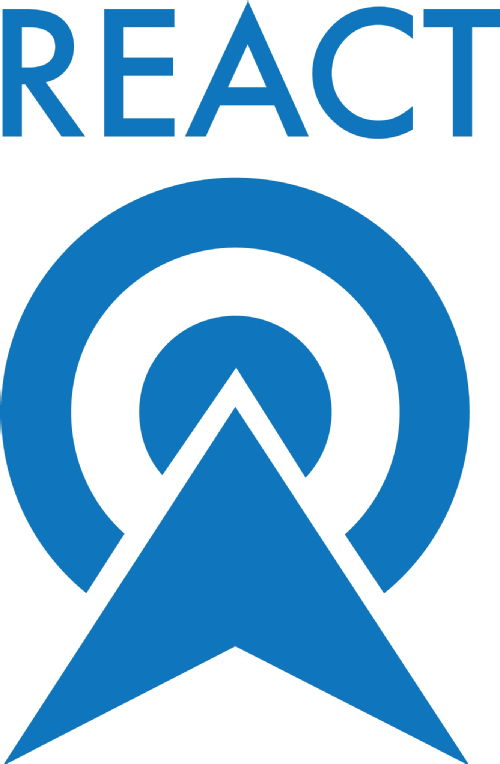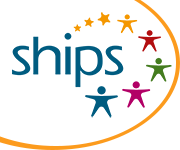Research by Clinical area: Perinatal and Paedriatic Care
Better Start
Fulfilling Lives: A Better Start Evaluation and Learning
A Better Start is a ground-breaking ten year test and learn initiative to see what methods are the best for laying the foundations for 0-3 year olds to improve their future health, social and educational outcomes and put evidence based early intervention and prevention at the centre of service delivery and practice. Please find the study's webpages here.
HE lead: Stavros Petrou, Sungwook Kim PI: Jane Barlow Funder: Big Lottery Call
First Steps
FIRST STEPS: a trial of the effectiveness of the Group Family Nurse Partnership (gFNP) programme compared to routine care in improving outcomes for high risk mothers and preventing abuse
Child abuse and neglect is a major public health problem and infants are a high-risk group accounting for up to 13% of child protection registrations in the UK, and a significant number of deaths. The provision of sensitive caregiving during the first few years is important because brain development is rapid at this time, but also very vulnerable to negative influences. A nurse home visiting programme, Family Nurse Partnership (FNP) which starts early in pregnancy and extends until infants are 24 months old has been identified as one with strong evidence that it reduces the later risk of child abuse.It is now offered widely in England but is only available to first-time mothers under 20.
Group Family Nurse Partnership (gFNP), a newly developed programme, based on the FNP curriculum and strength-based approach, is delivered in a group context to 8-12 women with similar expected delivery dates, starting in pregnancy and lasting until infants are 12 months old. Partners are also encouraged to attend the group sessions. Following the success of group-based antenatal care such as the US Centering Pregnancy Model, preferred by many to traditional care and leading to improved prenatal outcomes among high-risk women, the gFNP programme combines the provision of the FNP curriculum with midwifery care in pregnancy and infant health checks in infancy. Women are encouraged to monitor their own health. The aim of this study is to examine if provision of the gFNP programme, compared to routine antenatal and postnatal services, can reduce risk factors for maltreatment. Please find the webpages of the ISRCTN registry of the study here.
HE: Stavros Petrou
Parents Under Pressure 
The Parents Under Pressure™ (PuP) programme is a twenty week home-visiting service for parents who are drug and/or alcohol dependent and have a child under two and a half years of age. It is designed for families in which there are many difficult life circumstances that impact on parenting capacity and family functioning. Please find more information on the study here.
HE: Stavros Petrou, Sungwook Kim
Peripartum Hysterectomy
Obstetric haemorrhage is a leading cause of maternal morbidity and mortality worldwide. Surgical removal of the uterus around the time of delivery is normally performed in life-threatening situations, and is likely to be associated with short and long-term health complications with significant resource implications for service delivery. This study aims to estimate the economic burden of peripartum hysterectomy for the English National Health Service and identify key cost components over time using data from the Clinical Practice Research Datalink and Hospital Episodes Statistics (CPRD-HES). The research is being conducted in collaboration with researchers from the University of Nottingham and Liverpool John Moores University. A manuscript reporting early results has been submitted for publication.
HE: Stavros Petrou
REACT (Glucose Monitoring)
Real Time Continuous Glucose Monitoring in Neonatal Intensive Care
Both high and low blood sugar levels are common in preterm babies and this has been linked with poor outcome. One of the difficulties of managing sugar levels in preterm babies is that it involves a sample of blood being taken and as clinical teams try to avoid disturbing babies there is often a long time between measurements. There is now a device ‘real time continuous glucose monitoring’ (rCGM) that is used by some children and adults with diabetes which can provide data on glucose (sugar) levels continuously. This involves a small sensor being placed under the skin but it can be left there for up to a week and allows the medical team to respond quickly and treat changes in sugar levels to keep the sugar level within a normal range.
By preventing both high and low sugar levels this intervention could improve the way we care for these preterm babies who have a unique physiology. As well as helping with the short term care of these babies targeting sugar levels may improve growth and long term health and neurodevelopment.
Please find more information about the study here.
HE: Stavros Petrou, Benjamin Parker PI: Kathryn Beardsall Funder: MRC / NIHR EME
RECAP
Research on European children and adults born preterm
The overall aim of the RECAP preterm Project is to improve the health, development and quality of life of these children and adults by developing the RECAP preterm Cohort Platform, a sustainable, geographically diverse and multidisciplinary database of national and European cohorts of babies born very preterm or with very low birth weight (VPT/ VLBW cohorts). This network contains cohorts constituted over a 30 year time span and is designed to optimize the use of population data for research and innovation in healthcare, social and education policy. Please find more information on the Trial pages.
HE: Stavros Petrou PI: Dieter Wolke Funder: EU Horizon 2020 research and innovation programme
SHIPS
Screening to improve health of very preterm infants in Europe
Screening to Improve Health in Very Preterm Infants in Europe (SHIPS) is a European research project about follow-up programmes for children born preterm. The project builds on the EPICE cohort which includes 6792 infants born before the 32nd week of gestation in 2011 and 2012 in 19 regions in 11 European countries. These children are now five years of age and their families will be invited to participate in the SHIPS project. More information about the study is available on these webpages
HE: Stavros Petrou PI: Stavros Petrou Funder: EU Horizon 2020 research and innovation programme
Smoking in Pregnancy
Little is known about the long term economic consequences of smoking during pregnancy. In collaboration with researchers based at the University of Nottingham, we estimated the association between smoking in pregnancy and the costs of delivering healthcare to infants and children, and investigated which aspects of care are the key drivers of these costs. We used Hospital Episode Statistics (HES) linked with Clinical Practice Research Datalink (CPRD) data in the UK in children with longitudinal data for at least one, five and ten years after birth. A manuscript reporting early results has been submitted for publication.
HE: Stavros Petrou
TIGAR
Tracking the Impact of Gestational Age on Educational and Economic Outcomes
TIGAR is a large study of children born in England in 2005-6. The aim of TIGAR is to: Compare the health and school achievement of children born prematurely with those born after a full term pregnancy. Find out whether being born prematurely has a larger impact on children who are living in poverty or are socially disadvantaged. Measure the costs of prematurity to health and education services – this will help plan future health and education services. Please visit these pages for more information on the study.
HE: Stavros Petrou PI: Maria Quigley (Oxford) Funder: MRC
Research by Clinical Area:
- Cancer
- Dermatology
- Emergency and Critical Care
- Gastrointestinal Diseases
- Infectious Diseases
- Mental Health
- Perinatal and Paediatric Care
- Trauma and Orthopaedics
- Other Clinical Area
